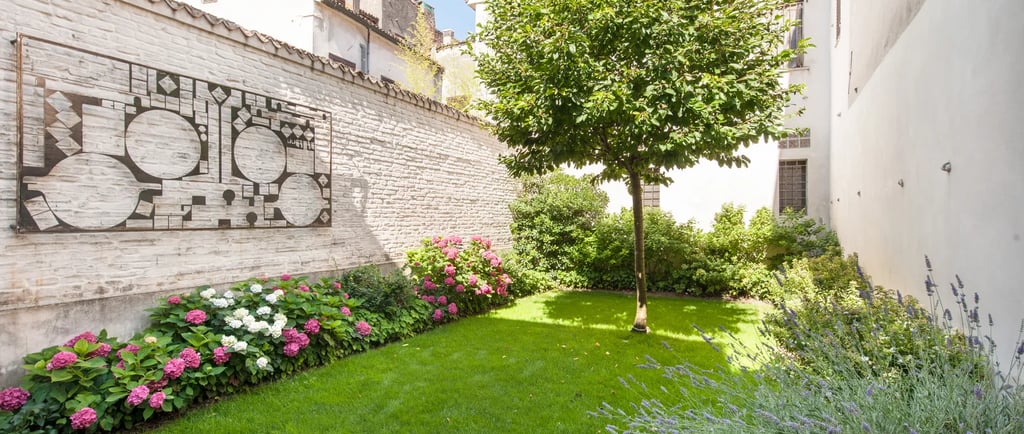Free Shipping Above 999/- Flat 5% Off Above 1999/- Use Code"GARDENLOVE5
Importance of Mini Garden in Cities
5/12/20251 min read


Mini gardens, especially in urban environments, are gaining more attention for their various benefits. Here's a quick rundown of why they're so important:
1. Improving Air Quality
Plants naturally filter out pollutants and release oxygen. In dense cities where pollution levels are high, even small gardens can make a noticeable difference in air quality.
2. Enhancing Mental Well-being
Studies show that being around greenery can reduce stress, improve mood, and enhance overall mental health. City dwellers who have access to mini gardens or green spaces tend to experience less anxiety and depression.
3. Boosting Biodiversity
Mini gardens can create safe havens for pollinators like bees, butterflies, and birds. Urban areas tend to lack natural habitats, but even small pockets of greenery can support local wildlife.
4. Reducing Urban Heat Island Effect
Cities tend to be warmer than rural areas due to the concentration of buildings and lack of vegetation. Gardens, even small ones, can help mitigate this by providing shade and cooling the surrounding area through evapotranspiration.
5. Sustainability and Local Food Production
Mini gardens allow people to grow their own food, reducing the need for transport and packaging. In cities where access to fresh produce can be limited, growing your own herbs or vegetables can be empowering.
6. Improving Aesthetic Appeal
Mini gardens add beauty and vibrancy to otherwise dull or concrete-heavy environments. This improves the aesthetic quality of neighborhoods and can even increase property values.
7. Social Connection and Community Building
Shared gardens or green spaces foster community interaction and cooperation. They can become places where neighbors meet, collaborate, and work together on projects that benefit everyone.
8. Energy Conservation
Plants can provide shade, helping reduce the need for air conditioning in nearby buildings. This can lower energy costs and reduce the carbon footprint of a city.
In short, mini gardens in cities are a simple but impactful way to address several environmental, social, and health-related challenges faced by urban populations. They promote sustainability, well-being, and a stronger sense of community.
